Submitted by Aspergillus Administrator on 28 April 2014
The role of fungi that we breathe in from our environment is suspected to be important for the stability of severe asthma. Those who have unstable asthma (e.g. requiring regular hospital admission) are also highly likely to be sensitive to fungi – a phenomenon known as Severe Asthma with Fungal Sensitivity (SAFS). Approximately 6.5 million people are thought to have SAFS and another 4.8 million have an allergic infection of the airways known as Allergic Bronchopulmonary Aspergillosis (ABPA) and both of these populations are thought to benefit from active management using antifungal medication.
Evidence to support this claim is not yet completely convincing but clear guidelines may well benefit many patients while further research is carried out. An extensive publication from the European Academy of Allergy and Clinical Immunology (EAACI) attempts to set out these and to define where new research is needed to further strengthen our confidence in these conclusions.
Fungal allergy in asthma–state of the art and research needs by DW Denning et.al. is now available for download
Summary
Sensitization to fungi and long term or uncontrolled fungal infection are associated with poor
control of asthma, the likelihood of more severe disease and complications such as
bronchiectasis and chronic pulmonary aspergillosis.
Modelling suggests that >6.5 million people have severe asthma with fungal sensitizations (SAFS), up to 50% of adult asthmatics attending secondary care have fungal sensitization, and an estimated 4.8 million adults have allergic bronchopulmonary aspergillosis (ABPA).
There is much uncertainty about which fungi and fungal allergens are relevant to asthma, the natural history of sensitisation to fungi, if there is an exposure response relationship for fungal allergy, and the pathogenesis and frequency of exacerbations and complications. Genetic associations have been described but only weakly linked to phenotypes.
The evidence base for most management strategies in ABPA, SAFS and related conditions is weak. Yet straightforward clinical practice guidelines for management are required. The role of environmental monitoring and optimal means of controlling disease to prevent disability and complications are not yet clear. In this paper we set out the key evidence supporting the role of fungal exposure, sensitisation and infection in asthmatics, what is understood about pathogenesis and natural history and identify the numerous areas for research studies.
News archives
-
Title
Date


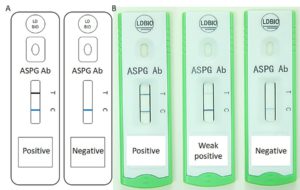

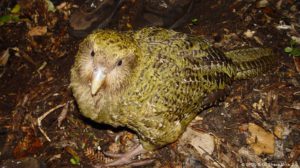
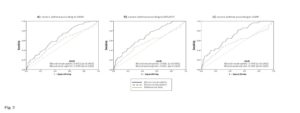
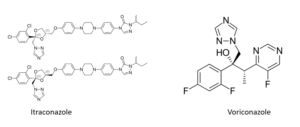
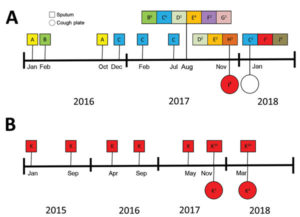
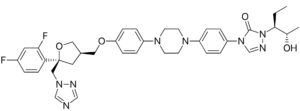
![Gulu referral hospital[2] Gulu referral hospital[2]](https://www.aspergillus.org.uk/wp-content/uploads/2019/03/Gulu-referral-hospital2_0-232x300.png)